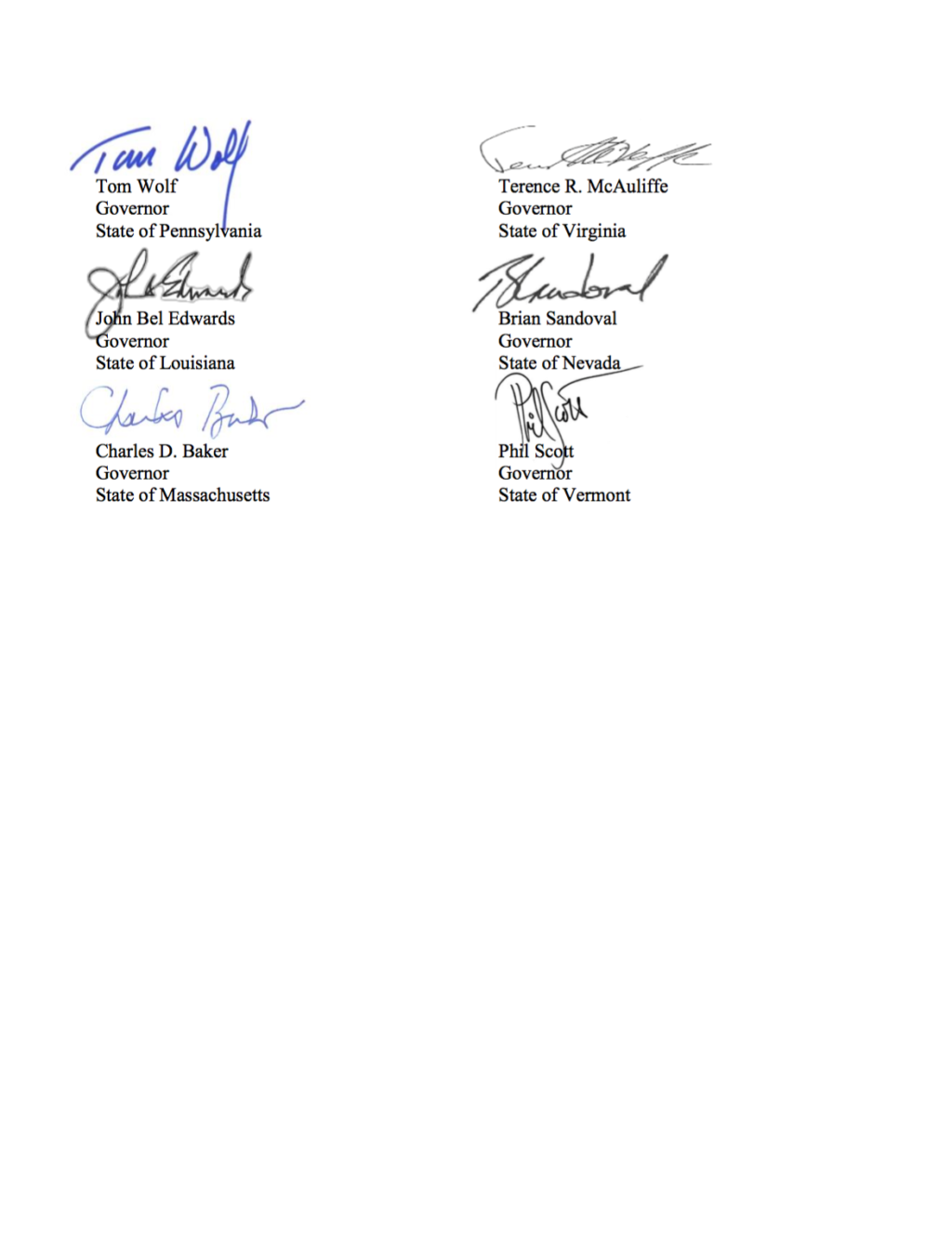New Survey Highlights Barriers to Access Health Care in Latino Communities

Affordability, immigration status, and language are all barriers to health care for Latinos, despite an uptick in access to care in the community, according to a new results of a new survey from NCLR’s Institute for Hispanic Health. The study, “An Inside Look at Chronic Disease and Health Care Among Hispanics in the United States,” documents a high rate of chronic disease and obesity among Latinos surveyed, and shows that nearly half of those with a chronic disease reported their health as poor to fair. To make matters worse, 25 percent of those surveyed said they visited a hospital emergency room in the past year, a costly and short-term solution for those suffering from chronic illnesses. ER trips simply cannot serve as a substitute for access to regular medical care.
“Latinos are among the fastest-growing segment of the American population and will represent nearly one-third of all U.S. workers by 2050. The ability of our nation to meet the economic demands of the future is closely tied to the health of this community. Affordable health insurance and access to high-quality medical care and information is vital to improving their lives,” said Delia Pompa, Senior Vice President, Programs, NCLR.
Other key findings of the research include:
Keep up with the latest from UnidosUS
Sign up for the weekly UnidosUS Action Network newsletter delivered every Thursday.
- A high rate of chronic disease and poor health. Sixty percent of survey respondents were told by a doctor that they have a chronic disease, and comorbidities were highly prevalent.
- Extreme rates of overweight/obesity, a key risk factor for chronic conditions. About 75 percent of survey respondents were either overweight or obese, but among them only about two-thirds (64.3 percent) had been told by a doctor that they were overweight. Three of the four major chronic diseases experienced by respondents—hypertension, diabetes, and arthritis-related conditions — are affected by weight.
- A disconnect with the health care system. Barriers posed by poverty, discrimination and low rates of health insurance were compounded by additional factors that Latinos face: immigration status, a lack of trust in the health system and language/cultural issues. About one-third of respondents reported difficulty in getting health information in Spanish, the preferred language among 74 percent of those surveyed. In nearly all of the focus groups, participants perceived that the fear of unintended immigration consequences is a deterrent for health care access in their communities.
To combat this unfortunate trend, our report calls for the design and implementation of a large-scale, sustained public health initiative focused on linguistically and culturally appropriate obesity and chronic disease prevention and management. The report also stresses the need to expand efforts to further enroll Latinos in affordable health insurance.
“The research clearly underscores the need to expand programs such as NCLR’s promotores de salud, community health workers who are trusted sources of information and who provide culturally and linguistically appropriate education and support, said Manuela McDonough, Associate Director, Insitute of Hispanic Health. “Increased outreach through these types of programs is critical if we are to take on these real health challenges.”
The report was produced by NCLR with support from Boehringer Ingelheim Pharmaceuticals, Inc. and in partnership with public health consulting firm John Snow, Inc. (JSI). Written surveys and focus groups were held with patients at Latino-serving community-based health centers across the U.S. that belong to the NCLR Affiliate Network. Read the whole report below:
An Inside Look at Chronic Disease and Healthcare Among Hispanics in the United States


